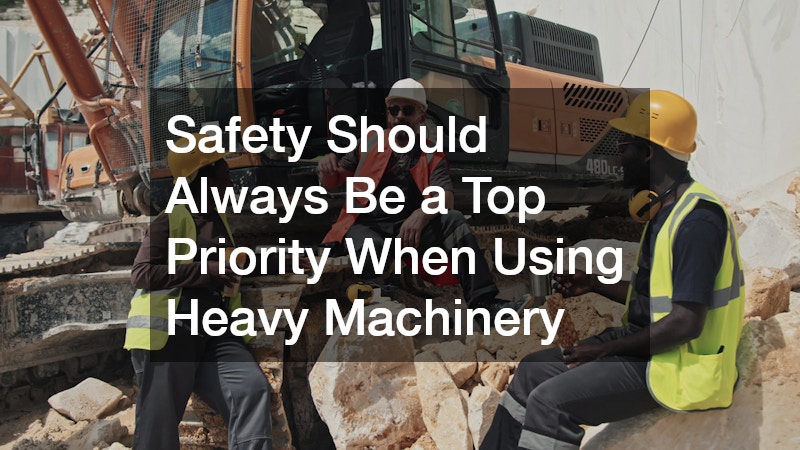Choosing the right equipment for a construction or landscaping project can make a significant difference in efficiency, cost and safety. Excavators are versatile machines that can handle a variety of tasks, from digging foundations to moving large amounts of soil. Understanding how to select the right machine for your needs is essential to ensure the project runs smoothly and meets deadlines. Using the right approach to excavator hire can save both time and money, while reducing the risk of unexpected issues.
When comparing excavators, it is important to think about the scope of your project, the type of terrain you will be working on, and the volume of material to be moved. Each project has unique demands, and the wrong choice of machinery can lead to delays, higher costs and even safety hazards.
By taking a methodical approach to selecting the right excavator, you can avoid these pitfalls and keep your project on track.
Understanding Your Project Requirements
Before hiring an excavator, it is important to evaluate the specific requirements of your project. This includes the size of the area to be worked on, the type of soil or material involved and the nature of the tasks that need to be completed. Careful planning at this stage can prevent costly mistakes and ensure the excavator you hire is well-suited to the job.
For example, a residential landscaping project may require a smaller machine to navigate tight spaces and delicate surfaces, whereas a large commercial construction site may need a heavy-duty excavator capable of handling significant earthmoving tasks. Identifying these requirements early allows you to choose a machine that aligns with your project goals and avoids downtime caused by unsuitable equipment.
Evaluating Excavator Types and Specifications
Excavators come in different sizes and with a variety of attachments, each suited to specific tasks. General knowledge of machine specifications, such as operating weight, bucket capacity and reach, helps in making an informed decision. Understanding these technical aspects ensures you select an excavator that can perform the required work efficiently and safely.
For instance, compact or mini excavators are ideal for small-scale projects with limited space, offering manoeuvrability and precision. On the other hand, standard or large excavators are designed for heavy-duty operations, featuring greater reach, lifting capacity and engine power. Matching the machine’s capabilities to your project’s needs reduces the risk of underperformance and costly delays.
Considering Hire Duration and Costs
The duration of hire and associated costs are critical factors in planning your project budget. Excavator hire rates can vary depending on the type and size of the machine, the rental period and additional services such as delivery or operator hire. Calculating these costs accurately ensures your project remains financially viable.
For example, short-term hire may be more cost-effective for small tasks, while long-term projects could benefit from negotiated rates or bundled services. Some suppliers also offer flexible hire packages that include maintenance, insurance and operator support, which can provide peace of mind and reduce hidden expenses over the course of the project.
Assessing Safety and Operator Expertise
Safety should always be a top priority when using heavy machinery. Understanding the operator requirements and safety features of different excavators helps mitigate risks on-site. Proper training, adherence to safety protocols and awareness of machine limitations are essential to prevent accidents and damage.
If you are hiring an excavator with an operator, ensure they have the relevant experience and qualifications for the tasks you need completed. For self-operated hire, check that the machine includes safety features such as rollover protection, clear visibility and emergency stop functions. Taking these precautions reduces the likelihood of incidents and ensures a smooth, compliant project workflow.
Comparing Suppliers and Service Options
Choosing the right supplier can affect not only the cost but also the reliability and quality of your excavator. Evaluating suppliers based on reputation, equipment quality, service support and flexibility can make a significant difference in your project’s success. A reliable supplier ensures that the machinery is well-maintained and available when needed.
For instance, some suppliers provide on-site support, maintenance and rapid replacement options in case of equipment breakdowns. Reading reviews, requesting references and comparing multiple quotes will give you confidence in selecting a supplier who aligns with your project requirements and offers dependable service throughout the hire period.
Selecting the right excavator involves careful consideration of project requirements, machine specifications, cost, safety and supplier reliability. By taking a structured approach, you can choose equipment that meets your needs, stays within budget and supports a safe working environment. Thoughtful planning at every stage ensures the project progresses efficiently, avoiding unexpected setbacks and enhancing overall productivity.

